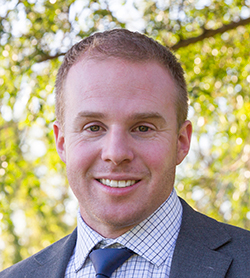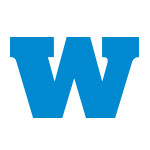 Millions of Australians have never experienced a recession, and some may not even know the meaning of the word.
Millions of Australians have never experienced a recession, and some may not even know the meaning of the word.
The global spread of the Coronavirus and its economic impact has commentators speculating that Australia and many other countries are headed for a recession, which is a macroeconomic term for two or more quarters of negative economic growth.
The last time Australia plunged into a recession was in 1990 when the then federal Treasurer and future Prime Minister Paul Keating famously described the downturn as the recession Australia “had to have”.
That comment wasn’t appreciated then and it certainly wouldn’t be now with the retail sector and tourism industry already struggling from the impact of the Coronavirus, which has had a devastating economic effect on Australia’s largest trading partner China.
Australia has still not counted the cost of the bushfire disasters around the country over the summer and other shockwaves such as General Motors deciding to stop manufacturing cars in Australia, meaning the end for the iconic Australian car brand Holden.
In contrast to the early 1990s, official interest rates are at record lows though the Reserve Bank of Australia doesn’t have many more rate cuts in the tank after Tuesday’s fresh cut.
Of course, monetary policy alone can’t stop a recession. The Federal Government will have to do some heavy lifting with some fiscal policy initiatives such as bringing forward tax cuts, increasing Newstart and putting in place emergency help for businesses directly in harm’s way.
Mark’s shout:
While there has been so much negativity in the news lately there are sectors in the Australian economy that are still performing strongly, such as the property market which has recovered from a price decline in some markets last year. Unemployment is also just over 5.0 per cent, well below levels experienced in the 1980s and 1990s. The worst thing that could happen is for panic to set in.

Weekender Newsroom
This post has been published by the team in our newsroom.
